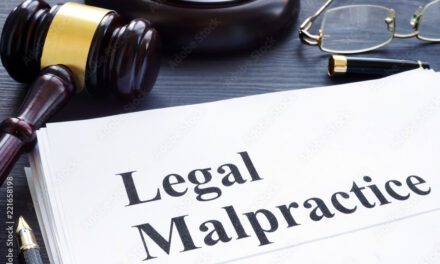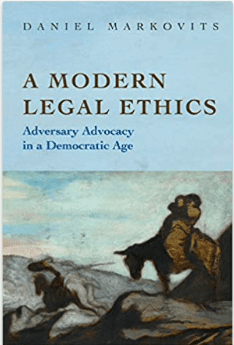About The Author
Michael Sean Quinn, PhD, JD, CPCU, Etc.
One of Texas's leading insurance scholars, Michael Sean Quinn is a past chair of the Insurance Section of the State Bar of Texas and has a broad legal practice.
Related Posts
Quinn Quotes
A balanced life is a good life and maybe the best kind of life. No single value can always do the needed work to make a life flourish.. There are two additional problems. alas. It is not easy to find what is balanced, and it is difficult to maintain balance without dedicated practice, and not even they succeed all the time, party because most of life’s tendencies tend to drift and change. The only values that are unassailable and permanent are love and beauty. Wisdom, if one has it, is often good thing, if one can recognize it.~Michael Sean Quinn, PhD, JD, CPCU, Etc.Tweet
Login
Featured Book
The books shown are NOT affiliate links.
MSQ (site) does not receive any compensation for books listed or sold.
Books are shown for the reader's convenience only.
Book Genres
- Architecture (1)
- Biography & Autobiography (1)
- Business & Economics (3)
- Computers (1)
- Decision making (1)
- Fiction (1)
- History (2)
- Insurance law (1)
- Law (12)
- Lawyers (2)
- Philosophy (1)
- Political Science (1)
- Psychology (4)
- Religion (1)
- Self-Help (1)





Recent Comments